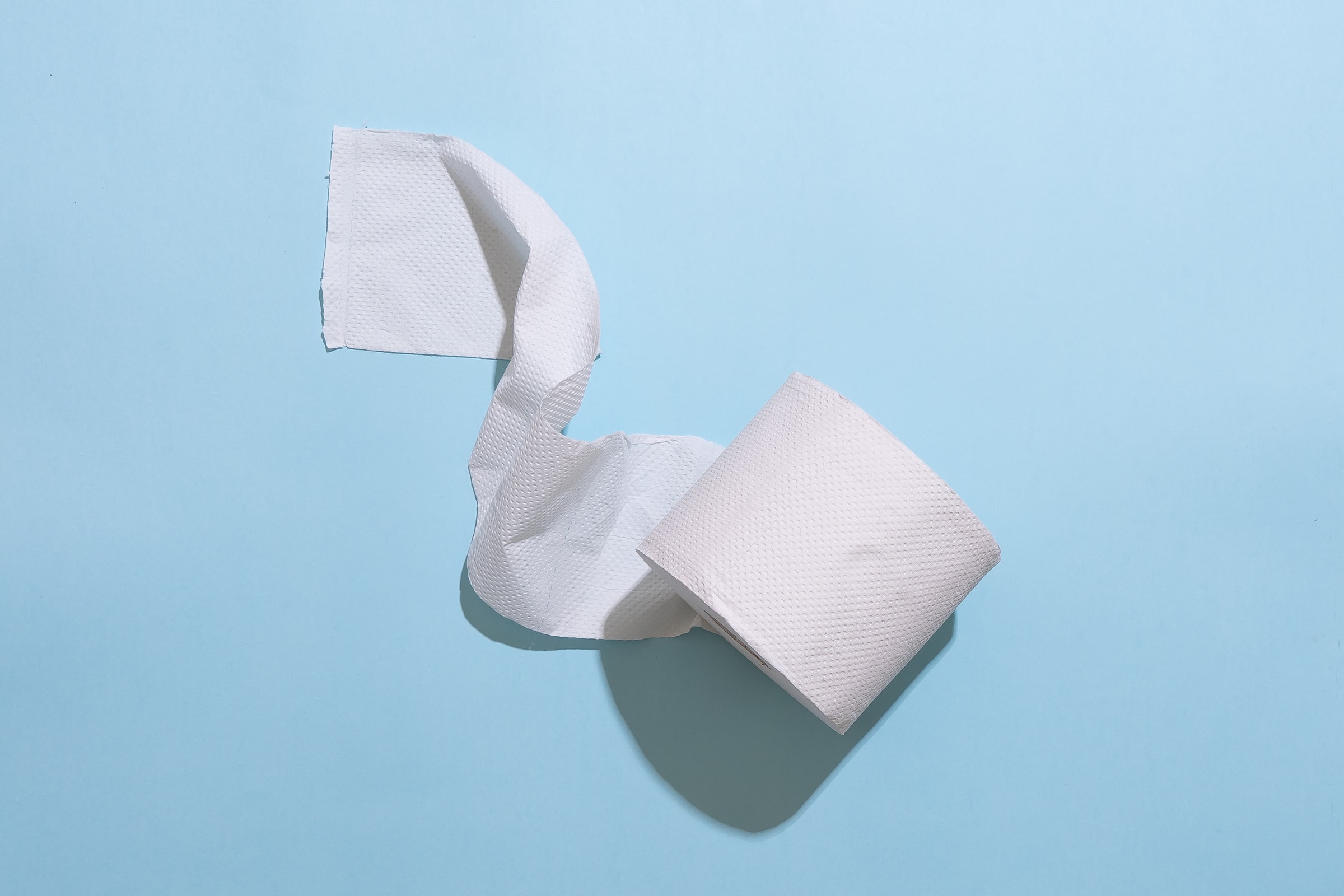Let’s face it, poop is not a subject for a light dinner conversation or when meeting friends at the coffee shop.
If you do bring it up, you’ll likely earn a resounding, “Ewww!”
It’s no surprise that poop is one of the most misunderstood subjects of human digestion.
So, let’s chat about the transit time of your poop. Transit time is the amount of time it takes your food to travel from your mouth through the digestive tract to when you finally have a bowel movement.
In a healthy person, transit time is about 14 to 24 hours. Several factors play an important role here: your exercise routine, the amount of water you drink, the amount of fiber in your diet, and what kinds of food you eat.
Slower transit time can lead to increased risk of cancer, diverticulitis and candida. Faster transit time means your food is traveling through the digestive system too fast and inhibits the proper absorption of nutrients and fats.
This can result in nutritional deficiencies.
You may also want to get checked for things like Crohn’s disease, ulcerative colitis or celiac disease if you have frequent loose stools and diarrhea.
Most people aren’t quite sure whether their transit time is normal, because we are not taught to check. It is important to understand that even if you have a daily bowel movement, this is not an indicator for normal transit time.
Poop test
A quick and easy way to test how fast or slow your food travels through your digestive tract is to eat a few spoonfuls of corn kernels or a tablespoon of sesame seeds. You can also use beets or charcoal pills.
Record the time you eat it, then keep track of your bowel movements and check for first signs of your chosen food in your poop. Your stool should be well formed and you shouldn’t have to strain too hard to eliminate.
What can you do when you find out that things aren’t quite normal? Here are some easy and natural ways to help your digestive system out and get back on track:
- Fermented foods: Foods and beverages like sauerkraut, kimchi or kombucha assist in healing the gut by restoring healthy gut flora, and normalizing digestion and absorption of nutrients.
- Dietary fiber: No need to take a supplement. Foods like green, leafy vegetables, sweet potatoes, berries, apples and peaches are full of beneficial dietary fiber.
- Exercise: A moderate workout program and even a daily walk, will aid in proper digestion.
- Water: Drink half your body weight in ounces of purified water.
- Poop: Don’t delay going to the bathroom to avoid backup. If you need to go, be sure to go!
- Lemon water: Mix lemon juice into a glass of water in the morning and at night. Lemon stimulates the liver to produce bile, and bile breaks down fats into absorbable fatty acids.
- Regular meals: Try to sit down for each meal, chew your food thoroughly, and give your body a chance to properly digest your food.


